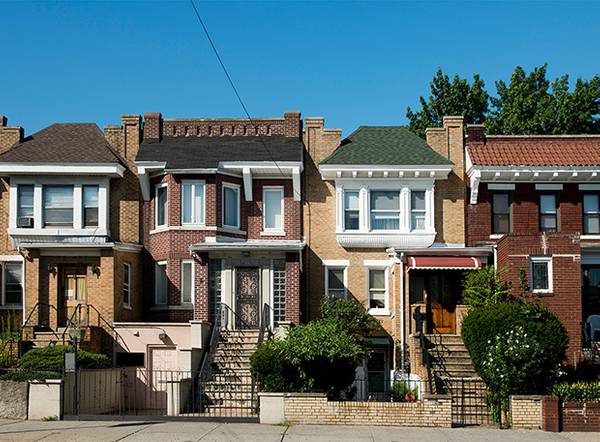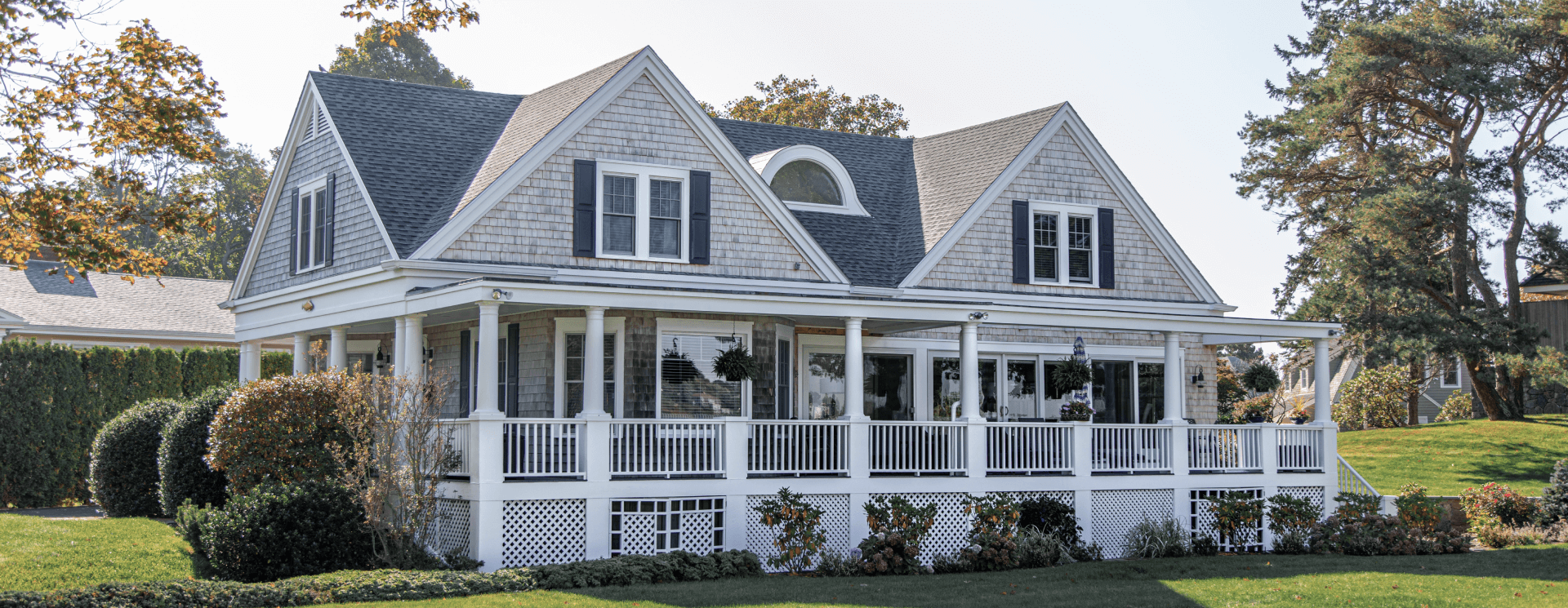
What Is a Mortgage?
A mortgage is a loan from a financial institution secured by real estate that is the borrower’s home or investment property. A borrower can use a mortgage to purchase a new home, refinance a current home or raise funds for any purpose by using their property as collateral.
What Are the Different Types of Mortgages?
The two main options in home loans are fixed-rate mortgages and adjustable-rate mortgages. There are, however, other mortgage loan programs available through federally and/or locally funded government resources for those who are eligible.
Fixed-Rate Mortgages
For a fixed-rate mortgage, the interest rate remains constant throughout the life of the loan. While the initial rate may be higher than that for an adjustable-rate mortgage, the stability is appealing to many buyers. It makes budgeting easier and protects homeowners from rising interest rates that could occur in the future. It can be a good option for people who plan to stay in their homes for a long time.
Adjustable-Rate Mortgages (ARM)
ARMs have a period of fixed interest, after which the interest rate and payment adjust at specific intervals. In general, the interest rate and monthly payment for an ARM start off lower than for a fixed-rate mortgage of the same amount. However, they can become higher after a few adjustments. An ARM may be a good option for people who plan to sell in a few years or expect their income to increase significantly, but there are significant risks if interest rates go higher than expected, including potential for losing the home.
Government Mortgage Loan Programs
The government insures certain mortgage programs that are provided through commercial financial institutions like Bethpage. The purpose is to open home ownership to more people by offering loans with fewer restrictions or better terms than conventional mortgages. Be sure to review the eligibility requirements for these programs prior to submitting an application.
FHA Mortgages
One of the most popular government mortgage loans is the FHA loan, insured by the Federal Housing Administration, a division of HUD (the Department of Housing and Urban Development). FHA loans require lower minimum down payments and credit scores than many conventional loans, although borrowers must pay for FHA mortgage insurance. These loans have fixed interest rates and terms of 15 or 30 years. For 2020, FHA mortgages can be used to fund amounts up to $331,760 in most areas of the country.
VA Mortgages
VA mortgages help service members, veterans, and eligible surviving spouses become homeowners. The Veterans Administration guarantees a portion of the loan. These loans have standard credit and income requirements, but more favorable terms, including a $0 down payment option.
State and Local Programs
Government loans can also be issued on the state and municipal level. Many states and cities coordinate programs specifically for first-time homebuyers. These make it easier to buy a home by offering features like down payment assistance, access to below-market-rate units, and/or low-interest loans. Contact your local housing authority for information about programs in your area.
Picking a Mortgage Term
Mortgage “term” refers to the length of the loan. The traditional mortgage term is 30 years, but it can range from 10 to 30 years. Choosing the mortgage term that is right for you is an important step in the lending process.
In general, the shorter the term, the lower the interest rate but the higher the monthly payment. Longer terms can generate lower payments, but the total interest paid over a 30-year loan will be more than the amount paid over 10 years.
Home buyers should consider their current income, projected future income, budget, and any important future dates like college or retirement when selecting a term. Shorter terms may be the best option for home buyers who have the income to cover higher payments and would like to pay off their home before they retire or their children need help with college or their own home and family expenses. Choosing a longer term to lower monthly payments may be best for home buyers who are in the early stages of their career, have less income, or don’t intend to stay in the home for the long term.
Understanding Principal, Interest, Tax & Insurance (PITI)
Understanding the total expenses involved in monthly mortgage payments can be complicated, especially for first-time homebuyers. The components of these monthly payments are designated as PITI, which stands for principal, interest, tax and insurance.
Principal & Interest
The bulk of any monthly mortgage payment goes to repaying the home loan. This is divided between two parts: principal, or the original amount of the loan, and interest, or the additional cost accrued over time.
In the beginning, payments are primarily put toward the interest accrued on the loan but, as progress is made against the total mortgage value, a higher percentage goes toward principal.
Taxes, Insurance and PMI
The remainder of the monthly payment to a lender may cover property taxes, homeowners insurance and, in some cases, private mortgage insurance (PMI).
Homeowners who make a down payment of less than 20 percent commonly must purchase private mortgage insurance to protect the lender in case they default. This is because a smaller down payment leaves a greater portion of the total home value at risk in case of non-payment.
Every month, the lender puts aside the money for taxes, insurance and PMI in an escrow account and pays them when they are due. This ensures that these important bills are not neglected.
Other Fees
Home buyers who purchase a condominium, townhouse, or other type of unit with a homeowners association (HOA) are likely to have dues to pay. This money goes toward property management, upkeep of the common area, and in some communities, some utilities. Dues are paid directly to the HOA or through the mortgage lender.
Shop for Mortgages with Bethpage Federal Credit Union
With the help of one of our knowledgeable mortgage representatives, you can choose a Bethpage mortgage that fits your finances and lifestyle:
- Fixed-Rate Mortgage – interest remains the same throughout the life of the loan
- Adjustable-Rate Mortgage – initial period of fixed interest, subject to change later
- FHA Mortgage – requires lower minimum down payments and credit score
- VA Mortgage – available only to servicemen and women and their eligible family members such as spouses
- Fixed- or Adjustable-Rate Jumbo Mortgage — loan amounts from $484,350 to $5 million for 1-4 unit properties
- 10-Year Fixed Debt Buster — fixed low rate and short term for interest savings and faster pay off
- Investment Property Mortgage — fixed- and adjustable-rate loans up to $1 million for investment properties
Check out our mortgage rates, and try our mortgage calculator to estimate your payments or see how your mortgage terms will affect them.
Getting pre-qualified for a mortgage with Bethpage is an excellent first step in home buying that can make the entire process smoother and quicker. You’ll know exactly what you can afford. Pre-qualification can also put the home seller’s mind at ease, which can make the difference between getting your dream home and losing out to another buyer.
When you’re ready to purchase, remember we operate more than 60 branches and shared service centers on Long Island. Contact us, apply online or stop in today to learn more about obtaining a mortgage that will help you attain your goal of home ownership.
- Categories:


